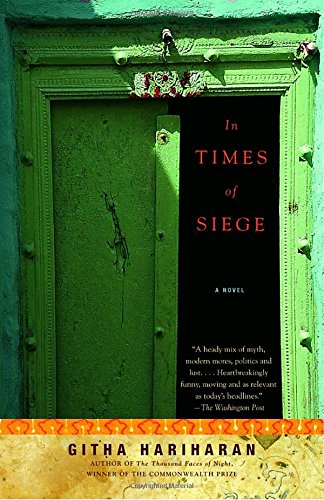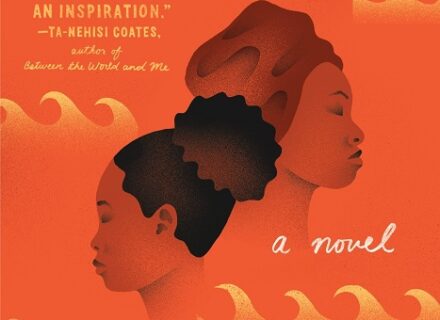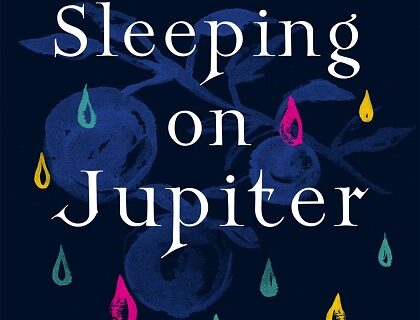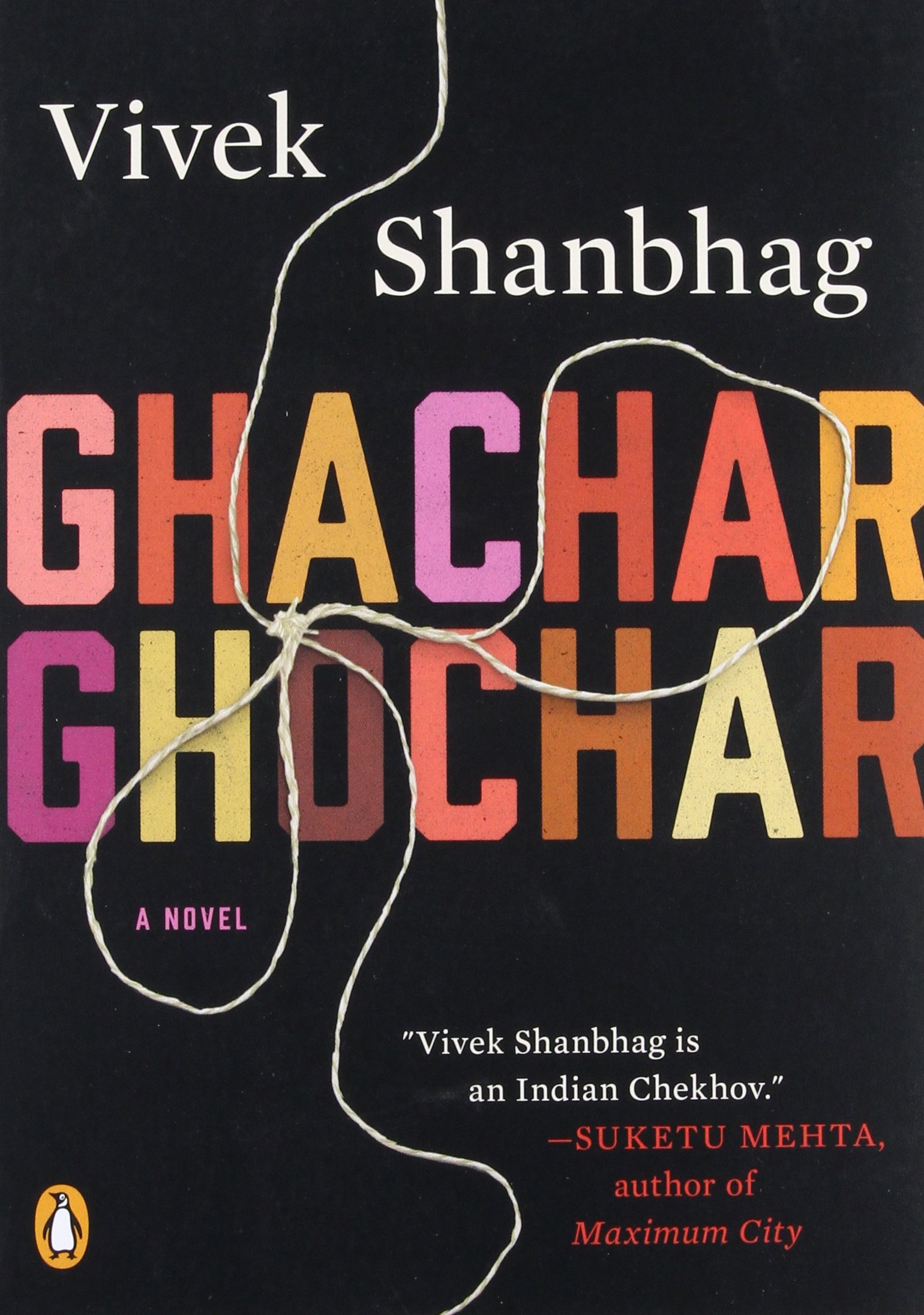Githa Hariharan’s 2003 novel offers a glimpse of what it’s like to teach at the university level without the guarantee of academic freedom. The protagonist is a History professor whose lesson on the 12th century poet-philosopher-statesman-social reformer Basava attracts the negative attention of the local Hindutva crowd. In spite of being threatened and violently censored, the professor attempts to fight back (spurred on by some young activists). The professor’s father was a freedom fighter in the Independence movement, so there’s that legacy to live up to, as well. The protagonist is not necessarily likable, nor is his sort-of-love object Meena, but the story is good and all too believable, and the writing is compelling.
One thing I especially appreciated about this book was the snarky depiction of academia today. Professor Shivamurthy teaches in the online division, where “The real danger they face is that they put their lectures down in print. Unlike regular teachers, they never get a chance to correct or qualify what has already been said in an earlier class” (51). We’re also told that his job description has changed: “He no longer teaches students; as his Department Head likes to put it, he coordinates resources for his educational clients” (6). This bites a little bit, to be honest, because it’s true. Lots of folks these days have the perception that education is something one purchases. Professors are somehow now in service to (employed by?) their “clients.” It’s a challenge, for Shiv, working in what feels like a climate of anti-intellectualism, and then to have one’s lectures censored on top of that must be heart-breaking.
There’s a lot of inspiring passages throughout about how history gets stitched together out of blank spaces and question marks, and how the act of interpretation (something a History professor gets paid for, after all) can be fraught with danger in contemporary India. The novel raises the question: should History respect public sentiment? This is a vexed question in the U.S. context as well as in BJP-controlled India today. Just consider the debates and violent confrontations about preserving Confederate monuments (e.g. Charlottesville, VA)…



